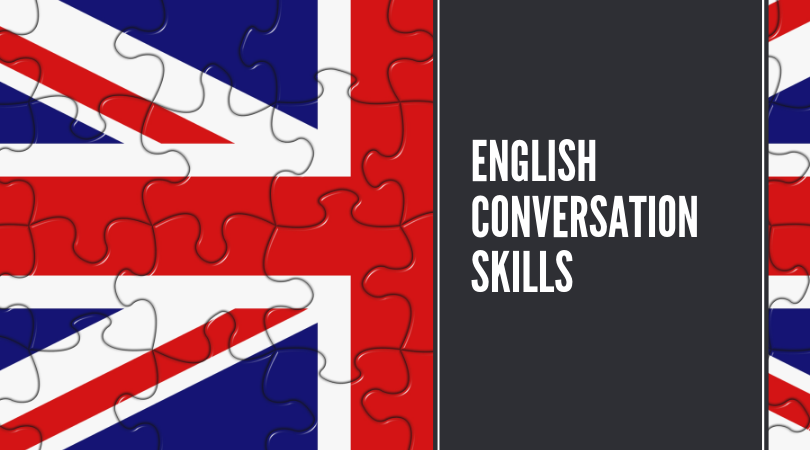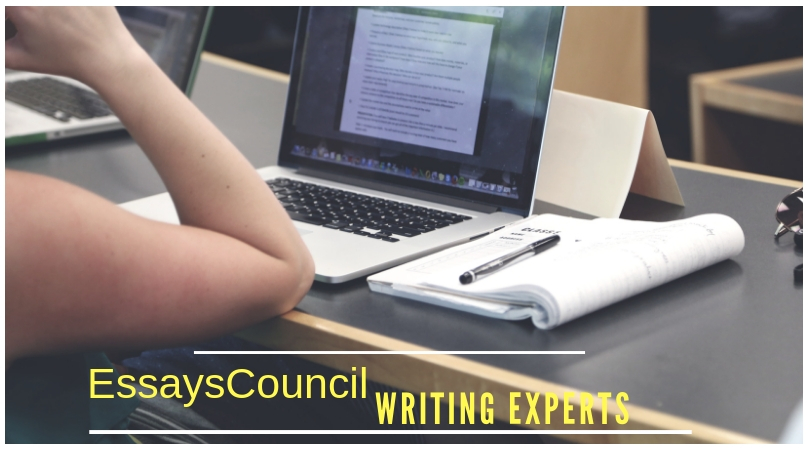
Having a strong vocabulary is , in my opinion, one of the most important thing that one can acquire if he wants to sound more educated, smarter, and in order to just be able to express his ideas better. I will present the general principles you need to know about expanding your vocabulary that you might want to implement into your knowledge arsenal later.
Active and Passive vocabulary
See, every person on this planet has two kind of vocabularies in his mind – active and passive. The difference between the two is that the active group includes words that are constantly used in everyday life, while the passive one includes words that are not. For example, you don’t expect people to use the words like “engine” as often as “hello” or “want”. So, usually people you talk to use the “common” words. (keep this in mind when you are trying to surf the Internet forums or talk to natives for the purpose of educating yourself and memorizing some new words. )
There is no quick fix. Don’t ask for them
See, it is impossible to learn anything in this life quickly, unless you are a genius (and even then the notion is questionable). No, certainly there are merits to the articles like “ten ways to build a strong vocabulary”, but let’s get the general principles and the mindset right before going off on the journey.
Instead, you should just focus on the process and lower your expectations of the results – it is natural for a person to forget a lot of words right after he first learns or hears them, which brings us to another problem.

It is Ok that you forget the words almost instantly after you see them
There are tricks that might help you to minimize this problem, but even if you try to go through a word list 10 times in several minutes – your mind will still throw the words out of its container pretty soon enough.
Here is the fact that helped me to settle my mind with this issue – I’ve accepted that in order to improve my vocabulary I had to constantly revise the words I had learnt in the past. Let’s state it as a rule “you need to expose yourself to the new words at least 4 or 5 times before you memorize them completely”. And by that I don’t mean 4 or 5 times in a row. You have see them once, then wait for a day, for example, when your brain stops thinking about them actively and repeat another day. There are 영어 회화 수업 to practice it.
You have to be active
You see it is always a good idea to always look up the meaning of an unfamiliar word in a dictionary. Don’t rely purely on your ability to guess the right meaning. If you are so bold – you can try and be disappointed because guessing words is just that – guessing them. If you want to truly have a strong vocabulary you have to always put active effort into learning new words.
